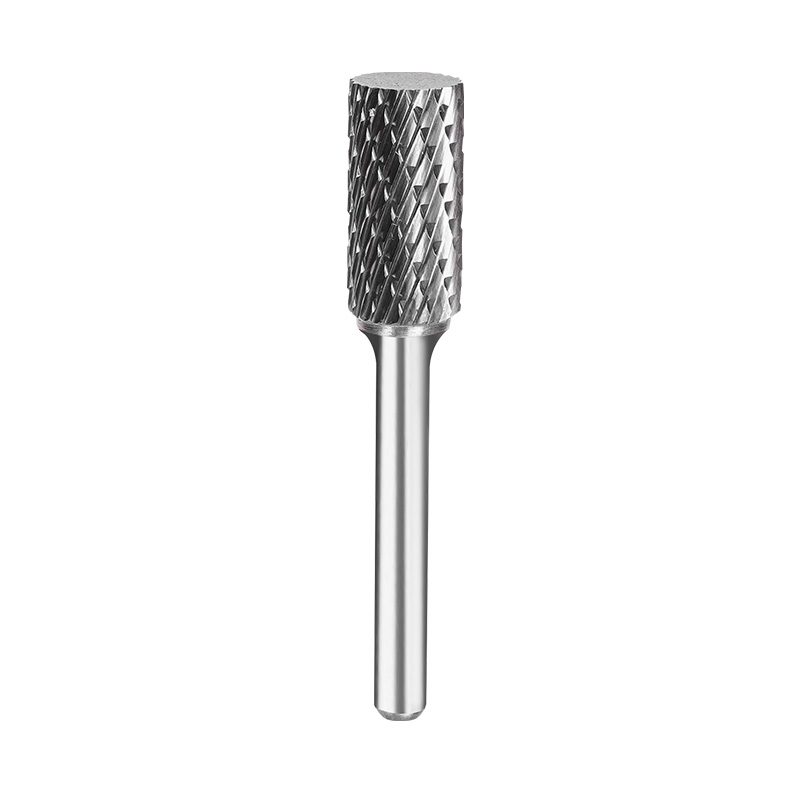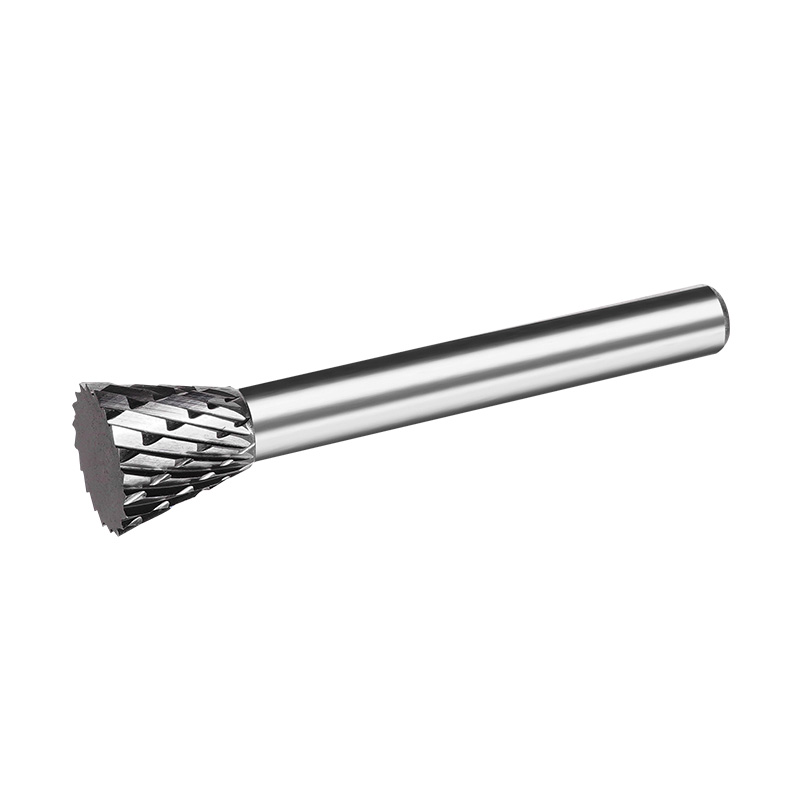Solid carbide drill bits are known for their remarkable hardness and wear resistance, making them an ideal choice for demanding drilling tasks. Unlike high-speed steel (HSS) or cobalt drill bits, which can struggle under the pressure of high-speed and high-precision applications, solid carbide drill bits maintain their sharpness and cutting power over prolonged periods. This durability stems from the carbide material itself, which offers outstanding hardness compared to other metals.

Carbide drill bits are engineered to withstand high temperatures and resist deformation, a crucial feature when drilling tough materials such as hardened steel. This inherent strength translates into fewer tool changes, reduced downtime, and overall cost savings in industrial operations. As such, solid carbide drill bits are a favorite in sectors where precision and reliability are paramount, including aerospace, automotive, and manufacturing industries.

Drilling through hardened steel presents a unique set of challenges. Hardened steel is known for its increased strength and resistance to deformation, which can make drilling operations particularly demanding. In these situations, carbide drill bits for hardened steel offer a distinct advantage. Their robust construction allows them to penetrate tough materials with minimal wear, ensuring that drilling remains efficient and accurate even under challenging conditions.
One of the key benefits of using carbide drill bits for hardened steel is their ability to maintain a sharp cutting edge. This sharpness is essential for achieving clean, precise holes in steel without the need for excessive force or frequent tool replacements. Additionally, solid carbide drill bits generate less heat during the drilling process compared to other materials, which helps to preserve the integrity of both the tool and the workpiece.
While solid carbide drill bits excel in drilling hardened steel, their versatility extends to a wide range of materials. These drill bits can be used effectively on various metals, including stainless steel, titanium, and cast iron. The ability to handle multiple materials makes solid carbide drill bits a valuable addition to any tool inventory, especially in environments where different materials are processed regularly.
The solid carbide construction also enhances the drill bit's performance in high-speed applications. In high-speed drilling, the resistance to heat and wear ensures that the drill bit remains effective, reducing the likelihood of tool failure or reduced performance. This efficiency is particularly beneficial in automated production environments, where consistent performance and minimal downtime are critical.
When comparing solid carbide drill bits to other types, their advantages become even more apparent. High-speed steel (HSS) drill bits, while generally less expensive, do not offer the same level of hardness and durability. HSS drill bits may become dull more quickly when used on hard materials, cause increased tool wear and maintenance costs.
Cobalt drill bits, which are also known for their hardness, still fall short compared to solid carbide drill bits in terms of heat resistance and overall longevity. Cobalt bits can handle high temperatures better than HSS, but they do not match the performance of carbide drill bits, especially in high-speed or high-precision drilling.
To improving the performance and lifespan of solid carbide drill bits, certain best practices should be followed. Firstly, ensuring that the drill bit is properly aligned and securely mounted will help prevent wobbling and inaccuracies during drilling. Proper alignment is crucial for achieving precise holes and extending the tool's life.
Selecting the correct drill bit size and type for the specific application is essential. Solid carbide drill bits come in various sizes and configurations, and using the appropriate bit for the material and task will optimize performance. For instance, using carbide drill bits specifically designed for hardened steel will yield better results than using general-purpose bits.
Maintaining proper cutting conditions is important. This includes using the right speed and feed rates, as well as appropriate cooling and lubrication. Proper cooling helps to manage heat buildup, reducing the risk of tool overheating and extending the life of the drill bit.